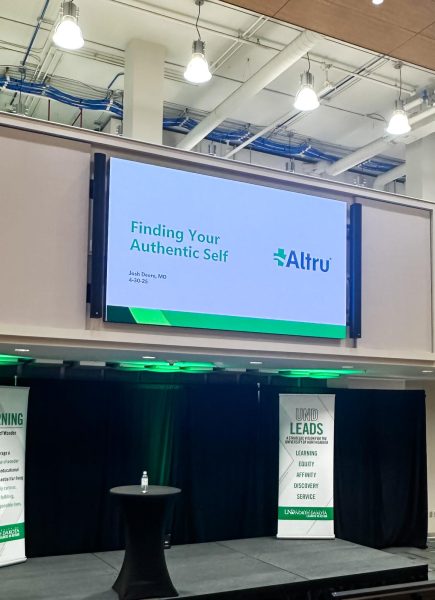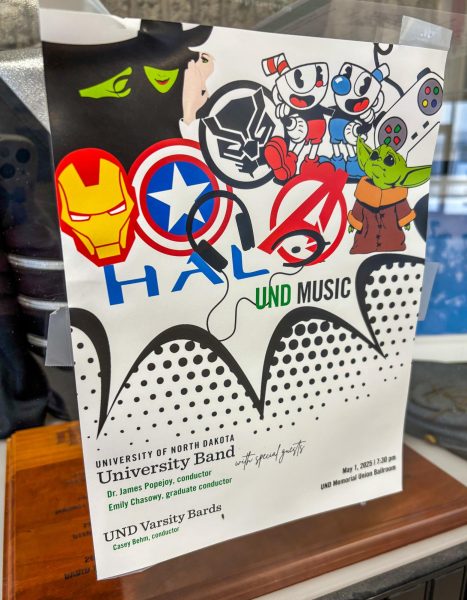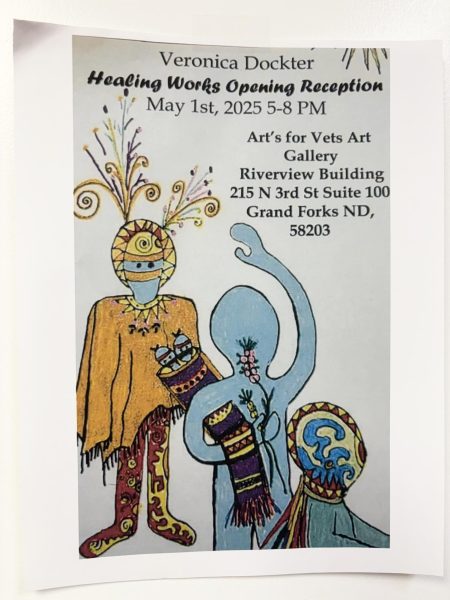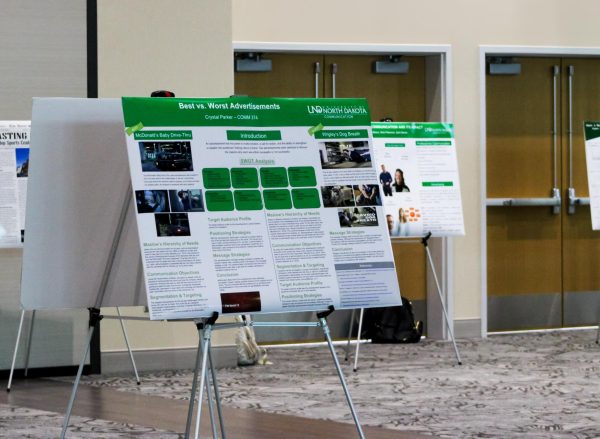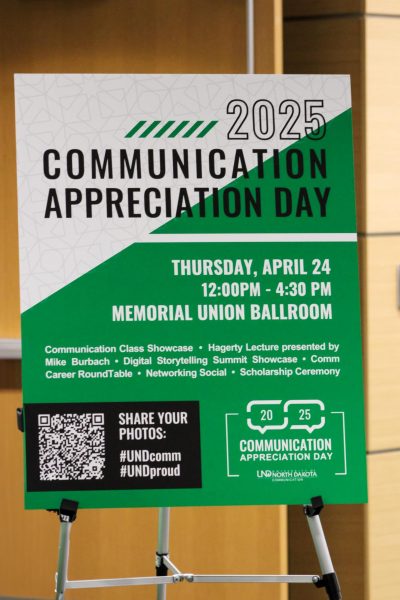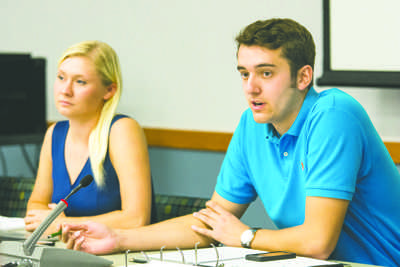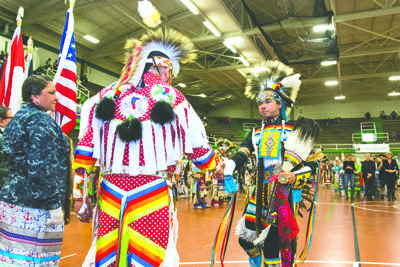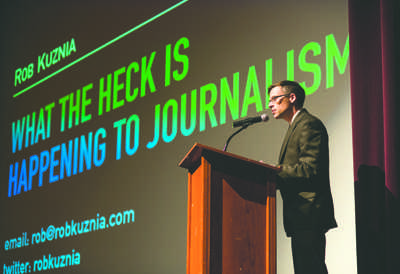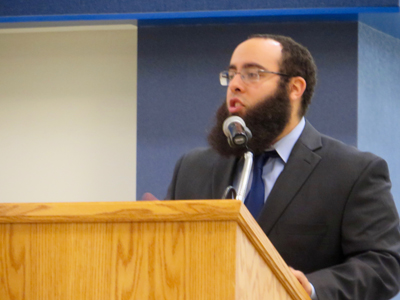‘We need to be a welcoming state’
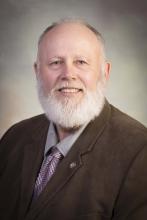
Photo courtesy of legis.nd.gov
Rep. Marvin Nelson of Rolla is running for governor after receiving ND Democratic-NPL Party’s endorsement.
North Dakotans will choose a new governor this November. The incumbent, Gov. Jack Dalrymple, has chosen not to run for re-election, leaving the highest position in the state up for grabs.
The ND Democratic-NPL Party endorsed Rep. Marvin Nelson of Rolla as its candidate at their state convention in early April.
Nelson has served in the North Dakota House of Representatives since 2010, serving on the Industry, Business and Labor Committee, among others. He is also the chairman for Tribal and State Relations.
Sen. Joan Heckaman of New Rockford will run alongside Nelson for lieutenant governor.
Nelson grew up on a farm northeast of Rugby. He lives in Rolla with his wife, Susan. They have two children and two grandchildren.
After writing a letter-to-the-editor to the Forum of Fargo-Moorhead about how volunteers are treated unfairly by North Dakota Workforce Safety and Insurance, Nelson said a Washburn family who had dealt with Workforce Safety and Insurance contacted him. A father of four had been severely burned and disabled while on duty as a volunteer firefighter, leaving him unable to work. Because the man was a self-employed business owner, his income appeared low due to business depreciation, resulting in a benefit of just $200 a week.
“I just don’t believe that the people of North Dakota would support treating our volunteers — the ones who save our lives and our property and really subsidize us by being a volunteer — that way,” Nelson said.
The volunteer had thanked him after the two met, and he said Nelson was the first person to sit down and listen to his story.
Nelson said this was what prompted his run for governor after others in the Legislature had tried to convince him to run.
As a Democrat in a predominately Republican state, Nelson admits he’s facing an “uphill battle,” but he said he can’t “continue to let our state destroy families.”The biggest hurdle to getting elected, Nelson said, is to convince people that it’s possible, adding that he believes the state has been controlled by out-of-state interests for a long time.
If elected, Nelson said he would work to find ways to make the state more attractive to young people. He said there are 15,000 open jobs throughout the state, yet people are leaving.
“We need to be a welcoming state, open to young people and a place that they’d want to live, and we haven’t really done that as a state,” Nelson said.
North Dakota certainly has budget problems, Nelson said, but he doesn’t agree with the Republican leadership in the state targeting higher education. He said there will likely be significant cuts to the university system in the next legislative session, but he said it’s important to “not try to balance the budget on the backs of our students.”
Issues related to resources and infrastructure also can’t be put off any longer, according to Nelson.
“We really have to move forward in technology for our coal industry or it’s going to be gone, so that has to be a commitment,” Nelson said. “We need to partner with those businesses to keep their doors open and keep electricity at an affordable level.”
Also needing attention are flood projects in Fargo and Minot, and there are about 600 bridges in the state that need work, Nelson said.
At UND, the decades-old boiler system needs at least $20 million in repairs, and Nelson said it can’t wait any longer because a failure in the system “could mean literally closing the doors at UND for a time, and that’s just not acceptable.”
“I’ve been disappointed in the maintenance of our buildings,” he added. “It’s been continuously deferred, and we’re literally at the point where we need to either tear some of the buildings down or we really need to do the maintenance.”
Voting also is important, and it has become a lot more difficult due to voter ID laws, according to Nelson. He said a large part of the blame is on ALEC, the
American Legislative Exchange Council. Nelson said ALEC, a tax-exempt organization, is behind the push for photo ID laws, which make it more difficult for low-income people and minorities to vote, both groups tending to vote for Democrats.
Nelson said Native Americans’ tribal IDs aren’t acceptable under the new laws, even though they are secure IDs. To vote, a Native American would have to get a driver’s license.
Student IDs also will not be accepted at polling places. Nelson said the best thing a state can do is let students vote with their student IDs.
“People aren’t coming to the state and paying tuition in order to commit voter fraud,” Nelson said. “It’s just a put-up job designed to make it so minorities and students can’t vote.”
While it’s important for students to get out and vote, it’s also important that they become educated voters. Nelson recommends young people go to town hall meetings when candidates are in town. Watching the news and reading newspapers also are important, he said.
Nelson will be running against the winner of the Republican primary election on June 14.
Attorney General Wayne Stenehjem, who got the Republican party’s endorsement earlier this month, is running with Sen. Nicole Poolman as lieutenant governor.
Doug Burgum, former senior vice president of Microsoft, and running mate Brent Sanford, Watford City mayor, also are looking to win the Republican primary.
Either Stenehjem or Burgum will take on Nelson to be North Dakota’s next governor.
Whoever he runs against, Nelson said he’ll be running on a platform focused on quality.
“I want a North Dakota that’s really for all North Dakotans,” Nelson said. “We need to really turn our attention toward quality: quality life, quality environment and quality jobs for everyone.”
Lucas Amundson is the features editor for The Dakota Student. He can be reached at lucas.amundson@und.edu


